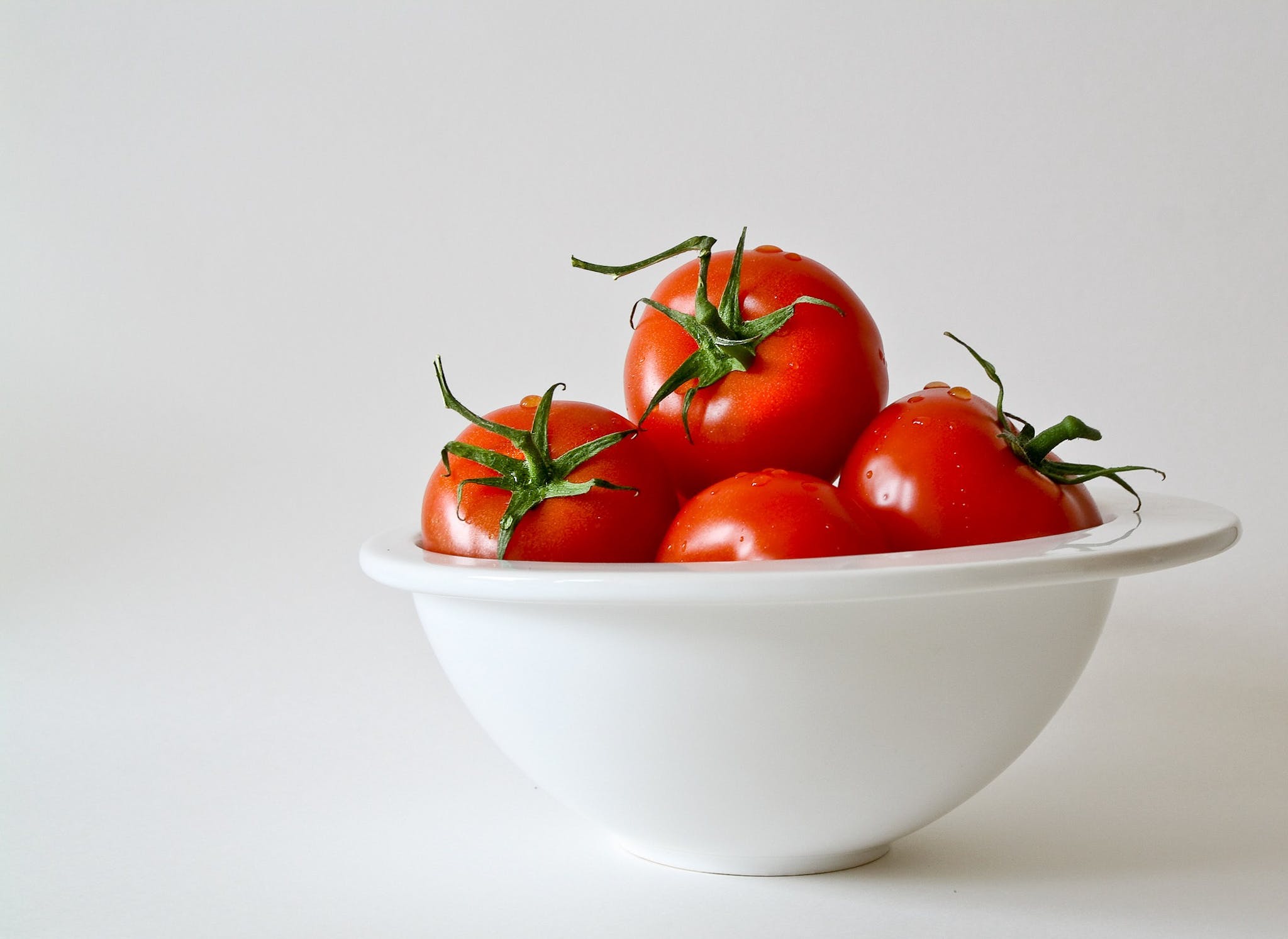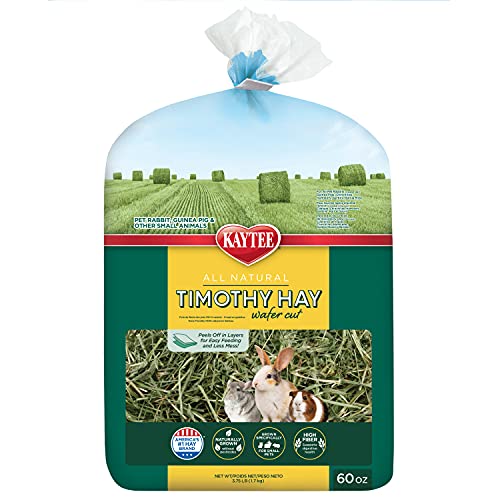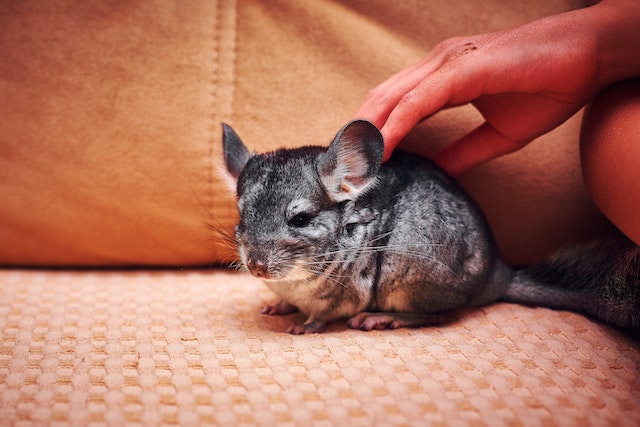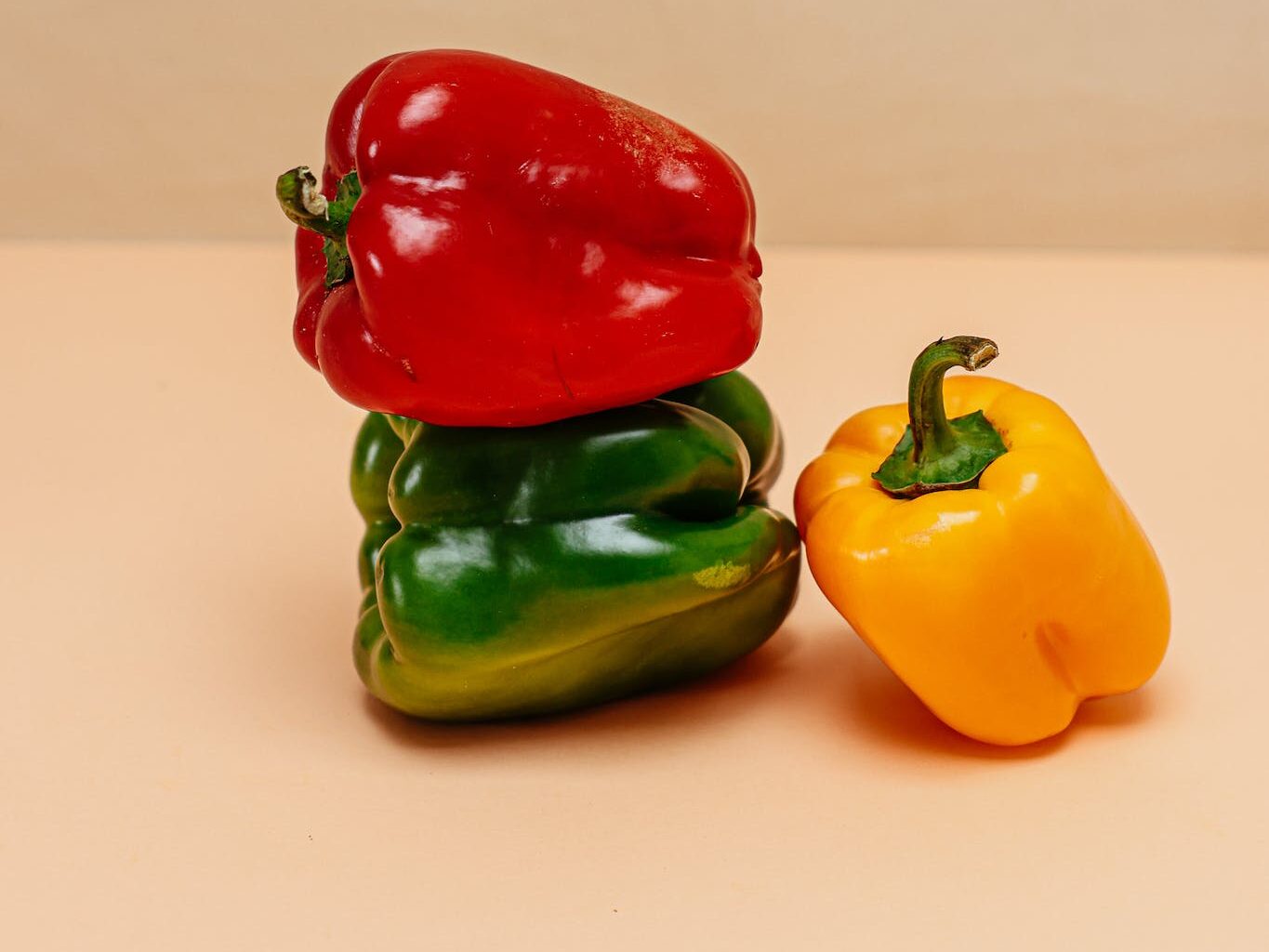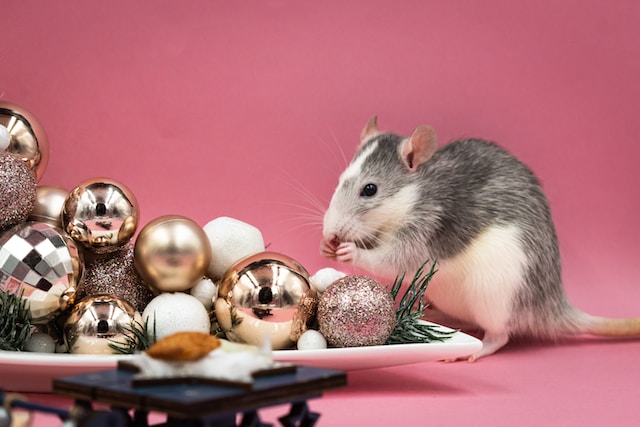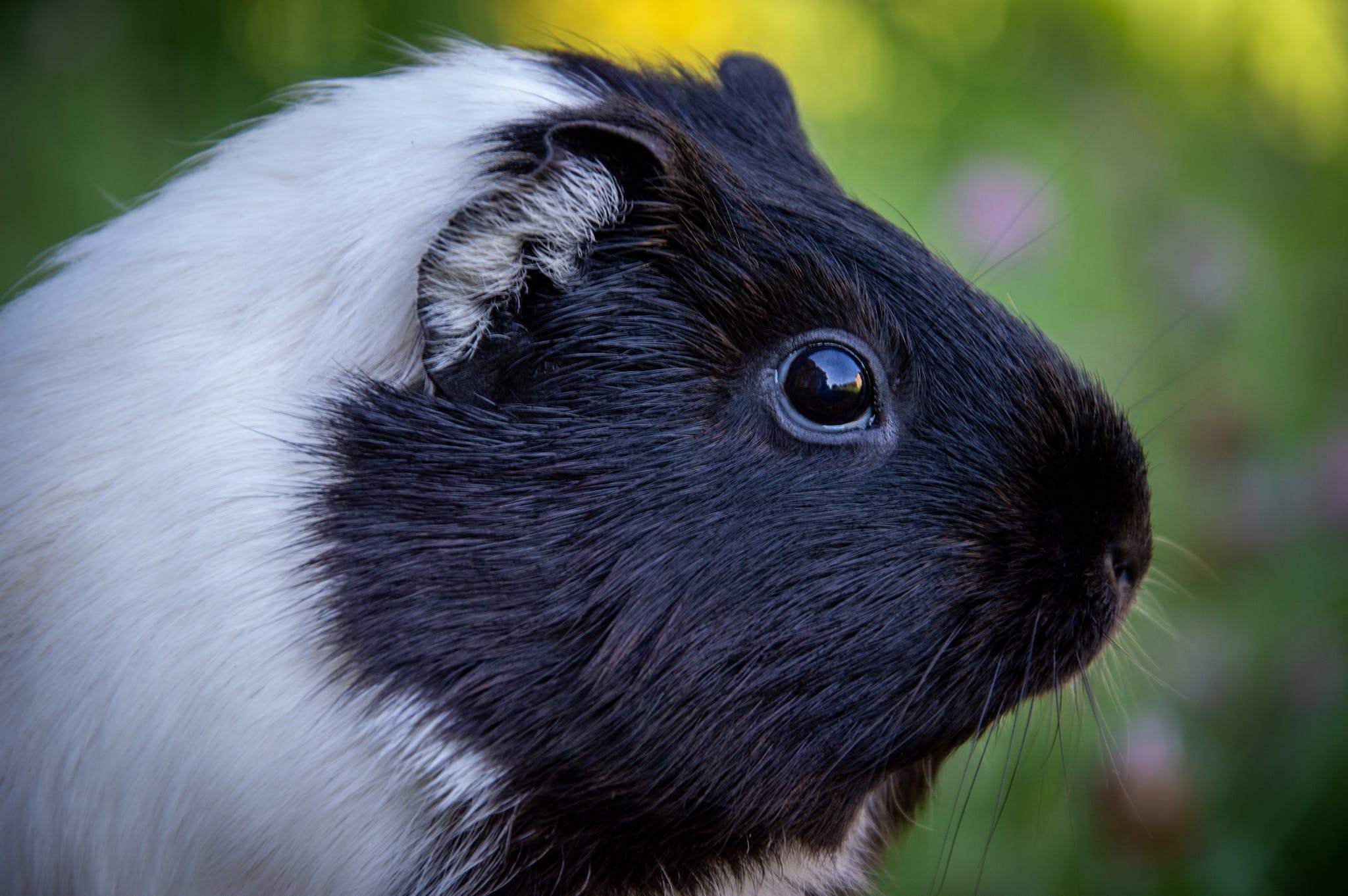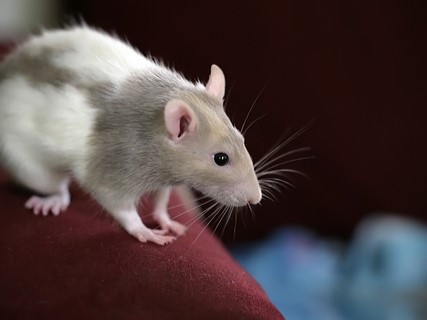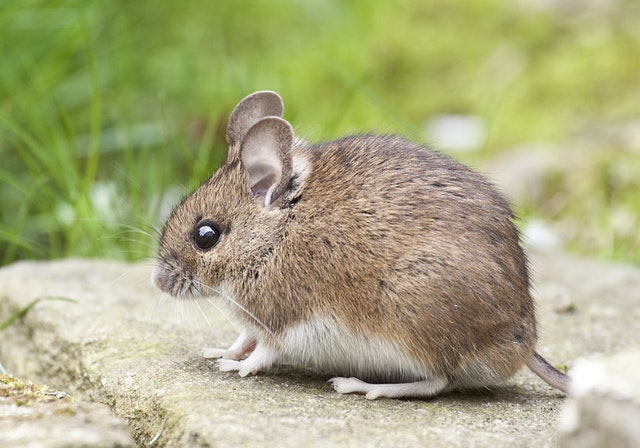Can Guinea Pigs Eat Tomato Seeds and Tomatoes?
There are some affiliate links below, but they are all products I highly recommend. For more info, view my disclosure here.
If you’re a guinea pig owner, you may be wondering if it’s safe for them to eat tomato seeds. While guinea pigs are herbivores and can eat a variety of fruits and vegetables, it’s important to know which foods are safe and which ones can be harmful to their health. We’ll explore whether or not guinea pigs can eat tomato seeds and what you should keep in mind when feeding your pet.
While tiny amounts of seeds may be tolerated, it’s better to be cautious and limit or avoid tomatoes seeds in a guinea pig’s diet. The seeds provide no nutritional value and come with some health risks.
Tomatoes are a common ingredient in many households, and it’s natural to assume that they would be a healthy treat for your guinea pig. However, tomato plants contain a substance called solanine, which can be toxic to guinea pigs in large quantities. This substance is found in the leaves, stems, and unripe fruit of the tomato plant, but not in the ripe fruit itself. So, can guinea pigs eat tomato seeds? The short answer is yes, but with some caution.
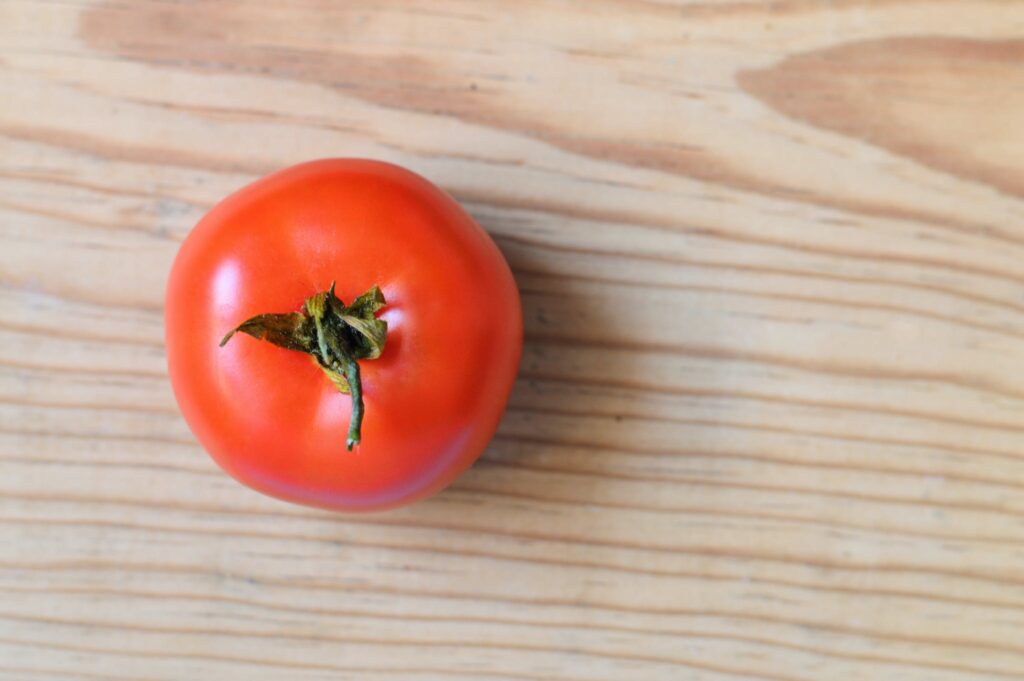
In the following paragraphs, we’ll discuss the nutritional benefits of tomatoes for guinea pigs, how to prepare them safely, and what to keep in mind when feeding your pet tomato seeds. By the end of this article, you’ll have a better understanding of whether or not tomato seeds should be a part of your guinea pig’s diet.
Nutritional Profile of Tomatoes
Tomatoes are a popular fruit, often used in salads, sauces, and soups. They are a good source of various vitamins and minerals that are essential for the human body.
Vitamin and Mineral Content
Tomatoes are high in vitamin C, which is an antioxidant that helps to protect the body against free radicals. They also contain vitamin K, which is important for blood clotting and bone health.
In addition to vitamins, tomatoes are a good source of dietary fiber, which helps to regulate digestion and lower cholesterol levels. They also contain potassium, which is important for maintaining healthy blood pressure.
Potential Risks of Tomato Seeds
While tomatoes are generally considered safe for consumption, there are some potential risks associated with eating tomato seeds. Tomato seeds contain oxalic acid, which can bind to calcium and cause kidney stones in some individuals.
In addition, tomato seeds contain glycoalkaloid poison, which can be toxic in large amounts. While the amount of glycoalkaloid poison in tomato seeds is generally low, it is still recommended to avoid eating large amounts of tomato seeds.
Overall, while tomato seeds may be safe for consumption in small amounts, it is recommended to avoid eating large amounts of them to reduce the risk of potential health problems.
Safe Feeding Practices
When it comes to feeding your guinea pig, it is important to follow safe feeding practices to ensure your pet’s health and well-being. Here are some tips to keep in mind:
Appropriate Serving Size
Guinea pigs have small stomachs, so it’s important to feed them small quantities of food throughout the day. As a general rule, a serving size of fresh fruits and vegetables should be no larger than the size of your guinea pig’s head. This means that you should only give your guinea pig a few tomato seeds at a time, and not as a regular part of their diet.
Introducing New Foods to Guinea Pigs
When introducing new foods to your guinea pig, it’s important to do so gradually. Start by offering a small piece of the new food and monitor your guinea pig’s reaction. If they seem to tolerate it well, you can gradually increase the amount you offer. However, if your guinea pig shows signs of discomfort or digestive upset, stop feeding the new food immediately.
It’s also important to remember that not all foods are safe for guinea pigs to eat. Avoid feeding your guinea pig foods that are high in sugar, salt, or fat, as well as foods that are toxic to guinea pigs, such as chocolate, avocado, and onions.
By following these safe feeding practices, you can help ensure that your guinea pig stays healthy and happy. Remember to always provide fresh water and hay, and consult with your veterinarian if you have any concerns about your guinea pig’s diet.
Types of Tomatoes and Their Effects
When it comes to feeding your guinea pig, it’s important to understand the different types of tomatoes and their effects. While tomatoes are generally safe for guinea pigs to eat, some parts of the plant can be toxic.
Varieties Safe for Consumption
Cherry tomatoes, grape tomatoes, and plum tomatoes are all safe for guinea pigs to eat. These smaller varieties are easier for guinea pigs to handle and can be a tasty addition to their diet.
Ripe tomatoes are also safe for guinea pigs to eat. However, it’s important to avoid giving them unripe tomatoes or green tomatoes, as these can be harder to digest and may cause stomach upset.
Tomato Parts to Avoid
While the flesh of the tomato is safe for guinea pigs to eat, other parts of the plant can be toxic. It’s important to avoid giving your guinea pig tomato leaves, green parts, or the stem of the tomato plant.
In addition, tomato seeds should be avoided as they can cause digestive problems for guinea pigs. While small amounts of seeds may not cause harm, it’s best to err on the side of caution and remove them before feeding tomatoes to your guinea pig.
Overall, tomatoes can be a healthy addition to your guinea pig’s diet when fed in moderation and with the right precautions. By understanding the different types of tomatoes and their effects, you can help ensure that your guinea pig stays healthy and happy.
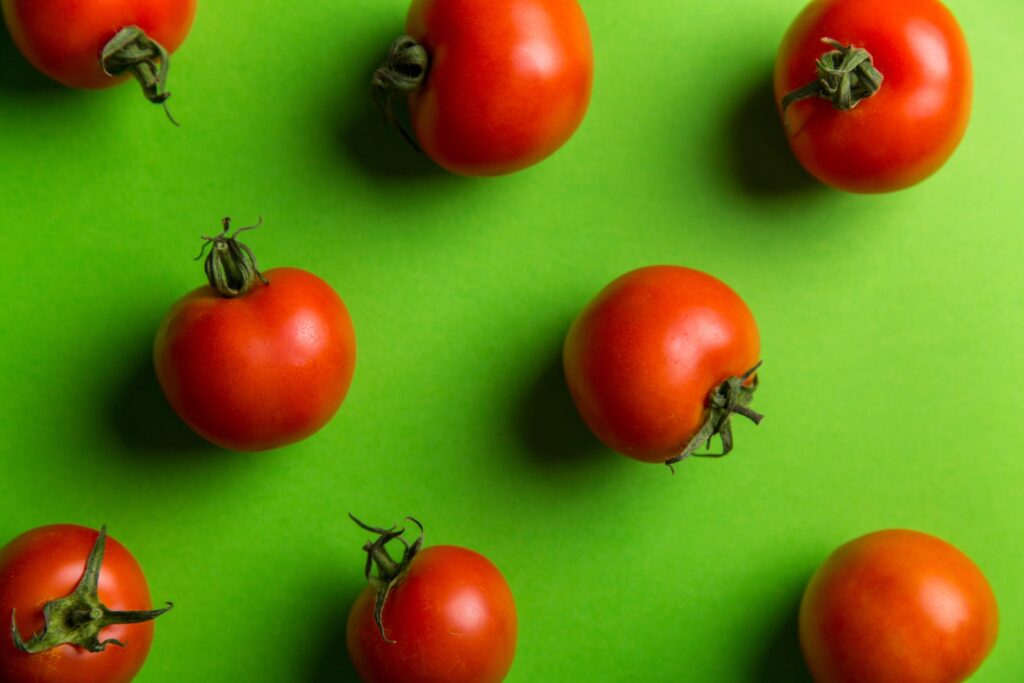
Health Implications for Guinea Pigs
Tomatoes are a nutritious and tasty treat for guinea pigs, but can they eat the seeds? Let’s explore the health implications of feeding tomato seeds to your guinea pig.
Benefits of Tomatoes
Tomatoes are rich in vitamin C, which is essential for guinea pig’s health. They also contain other vitamins and minerals, such as vitamin K, potassium, and folate, which are beneficial for guinea pigs.
Tomatoes are also a good source of fiber, which is important for maintaining a healthy digestive system. Feeding your guinea pig small amounts of tomato can help keep their digestive system running smoothly.
Risks and Adverse Reactions
While tomatoes are generally safe for guinea pigs to eat, the seeds can pose a risk. Tomato seeds contain a substance called solanine, which can be toxic in large quantities. Solanine can cause digestive problems, including diarrhea and vomiting.
In addition to the risk of solanine toxicity, tomato seeds can also contribute to the formation of bladder stones in guinea pigs. Bladder stones can cause discomfort, pain, and other health issues.
To avoid these risks, it is best to remove the seeds from the tomatoes before feeding them to your guinea pig. Stick to feeding your guinea pig small amounts of tomato as an occasional treat, rather than as a regular part of their diet.
In conclusion, while guinea pigs can eat tomatoes, it is important to be mindful of the potential risks associated with feeding them tomato seeds. By removing the seeds and feeding tomatoes in moderation, you can provide your guinea pig with a nutritious and tasty treat without compromising their health.
Alternatives to Tomatoes in a Guinea Pig’s Diet
If you’re looking for alternatives to tomatoes for your guinea pig’s diet, there are plenty of options to choose from. Here are some safe and healthy alternatives to consider:
Leafy Greens
Leafy greens are an excellent source of vitamins and minerals for guinea pigs. They are low in calories and high in fiber, making them a great addition to your pet’s diet. Some leafy greens that are safe for guinea pigs include:
- Romaine lettuce
- Spinach
- Kale
- Parsley
- Cilantro
Make sure to wash the greens thoroughly and remove any wilted or yellow leaves before feeding them to your guinea pig.
Fresh Fruits
Fresh fruits are a great way to add some variety to your guinea pig’s diet. However, they should be given in moderation due to their high sugar content. Some safe fruits for guinea pigs include:
- Apples
- Bananas
- Blueberries
- Strawberries
- Watermelon
Remove any seeds or pits before feeding the fruit to your guinea pig.
Fresh Vegetables
Fresh vegetables are another healthy option for guinea pigs. They are high in vitamins and minerals and can help keep your pet’s digestive system healthy. Some safe vegetables for guinea pigs include:
- Carrots
- Bell peppers
- Cucumber
- Zucchini
- Broccoli
Make sure to wash the vegetables thoroughly and remove any stems or leaves before feeding them to your guinea pig.
Sweet Bell Peppers
Sweet bell peppers are a great source of vitamin C for guinea pigs. They are low in calories and high in fiber, making them a healthy addition to your pet’s diet. Make sure to remove the seeds and stem before feeding the pepper to your guinea pig.
Timothy Hay
Timothy hay is an essential part of a guinea pig’s diet. It is high in fiber and helps keep your pet’s digestive system healthy. Make sure to provide your guinea pig with fresh hay daily.
There are plenty of alternatives to tomatoes that you can include in your guinea pig’s diet. Just make sure to provide a balanced and varied diet that includes a mix of leafy greens, fresh fruits, fresh vegetables, sweet bell peppers, and a constant source of nutritious timothy hay.
Here’s the Best Hay for Guinea Pigs: A Comprehensive Guide
Safe Feeding Practices for Tomatoes
When feeding tomatoes to your guinea pig, following some basic safety practices can help protect their health. Here are some tips:
- Serve tomatoes in small quantities. Guinea pigs have tiny stomachs, so limit tomato treats to a serving size about the same as your pig’s head.
- Introduce new foods gradually. Start with just a small piece of tomato and monitor your guinea pig’s reaction before increasing the portion.
- Avoid toxic foods. Some human foods like chocolate, onions and avocado are poisonous to guinea pigs. Only offer treats you know are safe.
- Remove all seeds and stem parts. These contain the most concentrated amounts of toxins that can cause digestive upset.
- Wash the tomatoes. This removes any pesticide residue from the skin.
- Provide unlimited hay. Hay is essential for guinea pigs to support their digestive system and dental health. They should have access to hay 24/7.
- Monitor for signs of trouble. If you see diarrhea, lack of appetite or other concerning symptoms after feeding a new food, discontinue feeding and contact your vet.
Following these tips when initially introducing and regularly feeding tomatoes can help keep your guinea pig healthy while still enjoying yummy tomato treats. Be sure to remove seeds, offer just a small portion, and provide unlimited hay. With some caution, tomatoes can be a fun part of their diverse diet.
